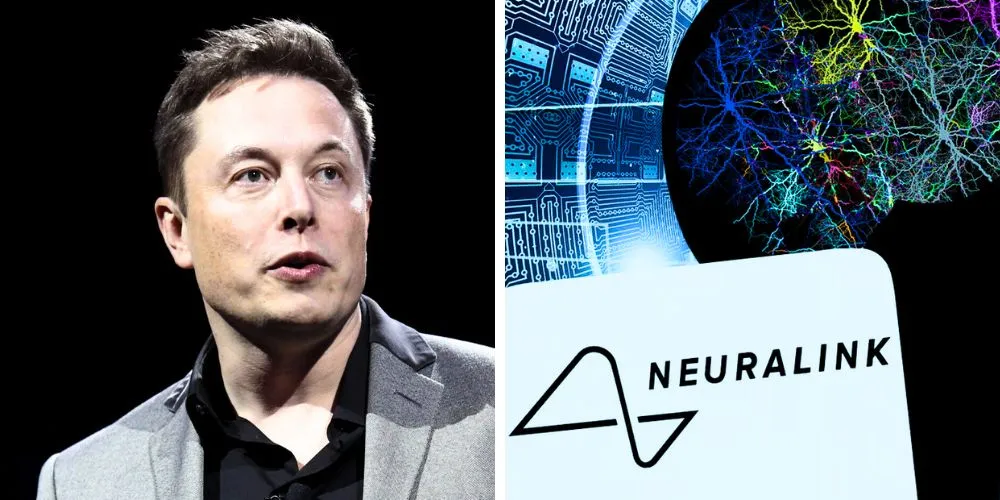Key Points
- Neuralink has successfully implanted its device in a second patient with a spinal cord injury.
- The first patient, Noland Arbaugh, used the device to control digital devices by thought.
- Neuralink aims to provide implants to eight more patients this year as part of clinical trials.
- Initial issues with implant wires retracting were resolved by modifying the device’s algorithm.
Neuralink, the brain-interface startup owned by Elon Musk, has successfully implanted its device in a second patient, aiming to enable paralyzed individuals to use digital devices through thought alone. Musk shared this update during an extensive podcast with Lex Fridman, which aired on Friday.
The Neuralink device, designed to assist people with spinal cord injuries, has already demonstrated success with its first patient, Noland Arbaugh. Arbaugh, paralyzed in a diving accident, can now play video games, browse the internet, post on social media, and control a cursor on his laptop by merely thinking about these actions.
Musk provided limited details about the second patient, stating only that this individual had a spinal cord injury similar to Arbaugh’s. He confirmed that 400 of the implant’s electrodes in the second patient’s brain were functioning correctly. Neuralink’s website notes that the device uses a total of 1,024 electrodes.
“I don’t want to jinx it but it seems to have gone extremely well with the second implant,” Musk remarked during the podcast. “There’s a lot of signal, a lot of electrodes. It’s working very well.”
While Musk did not specify when the surgery for the second patient took place, he mentioned that Neuralink plans to provide implants to eight more patients within the year as part of its clinical trials.
Arbaugh, who also participated in the podcast alongside three Neuralink executives, shared his experience with the device. Before receiving the implant in January, he used a stick held in his mouth to operate a tablet. With the Neuralink device, Arbaugh can now control his computer screen through thought, significantly enhancing his independence and reducing his dependence on caregivers.
Post-surgery, Arbaugh encountered issues when the tiny wires of his implant retracted, decreasing the number of electrodes that could monitor brain signals. Neuralink, having identified this issue during animal trials, responded by modifying the algorithm to be more sensitive, restoring the implant’s functionality. Arbaugh has since improved his world record for the speed at which he can control a cursor with his thoughts despite only 10-15% of the electrodes working.
In addition to discussing Neuralink, Musk mentioned his conversation with Republican presidential candidate Donald Trump regarding forming a commission to improve government efficiency by reducing business regulation. Musk expressed willingness to participate, highlighting his belief that current U.S. regulations hinder innovation.




